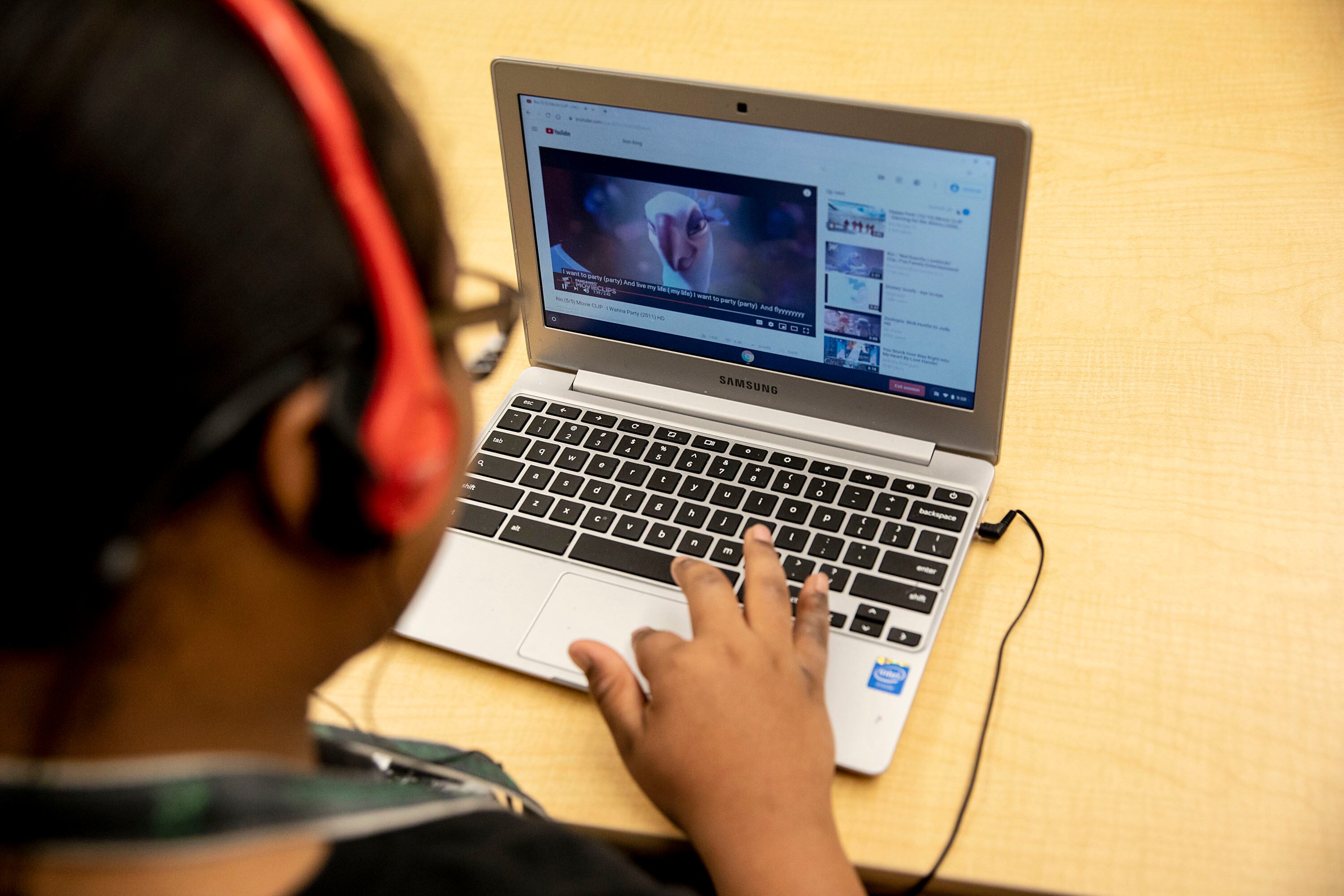Indiana education officials said they don’t plan to cut funding for schools offering online instruction in the fall.
In a memo Friday, the Indiana Department of Education asks schools to identify in the upcoming academic year which students are learning mostly online due to coronavirus concerns. But the department noted that it plans to fund schools at the regular rate for those students — not at the reduced 85% level that full-time virtual schools receive.
That’s not set in stone. State lawmakers or the state education board could overrule the funding model, and the education department memo notes that “conversations with state education policymakers are ongoing.”
“As the memo states, this is how we intend to implement the funding formula, and with any decision we try and signal to schools as quickly as possible so they can plan a path forward,” Indiana Department of Education spokesman Adam Baker said. “The legislature or state board could take action opposite our intentions, but we are moving ahead.”
The threat of fewer dollars for online learning is particularly concerning as traditional brick-and-mortar schools are already planning for the fall and bracing for potential funding cuts from an economic downturn or lower enrollment.
Gov. Eric Holcomb skirted a question Friday about whether K-12 schools could see cuts, saying he planned to provide more information on education funding next week. The state has already reduced budgets for state agencies and proposed reductions for public universities in the wake of significant revenue shortfalls this spring.
When schools reopen in the fall, many could rely on online options for students who do not want to risk being exposed to the coronavirus in school buildings or if there’s an outbreak that requires students to return to at-home learning. Schools could also offer online instruction for students some days of the week to reduce in-person class sizes. It’s up to each district, charter school, or private school to determine reopening plans in consultation with local health officials.
The state will also ask adult high schools and private schools that accept publicly funded vouchers to report how many students are learning virtually due to COVID-19. “We believe that the question of virtual status due to COVID is a relevant data point for all Indiana students,” the memo said.
The state will try to distinguish between students who are learning online as part of a contingency plan due to the spread of the virus and students who have chosen full-time online learning for another reason, such as to avoid bullying or to meet a learning need. Students already enrolled in full-time online schools, those who transfer to an existing online school, or those enrolling in new online programs launching next year not in response to COVID-19 will draw the reduced 85% funding amount, according to the memo.
That raises a sticky issue, said state House education leader Bob Behning, as some students may have transferred to online schools because of the changes wrought by COVID-19, but those schools are not eligible for the full per-student funding.
“Is it an equity issue then? Should we also be changing the funding structure for a total virtual program? Because it sounds to me we now recognize that [online education] is not as easy as it seems,” Behning said.
Indiana has given less money to virtual schools since they typically don’t have physical classrooms, and lawmakers recently further decreased the allocation in light of an enrollment scandal at Indiana Virtual School.
The scandal, in which the online charter school reaped millions in state funding for students who weren’t actually attending, highlighted a lack of accountability for Indiana’s fast-growing online education sector. The new reliance on online learning in response to the coronavirus has raised some of the same questions for traditional brick-and-mortar schools, including how attendance is tracked and how much students are learning.







